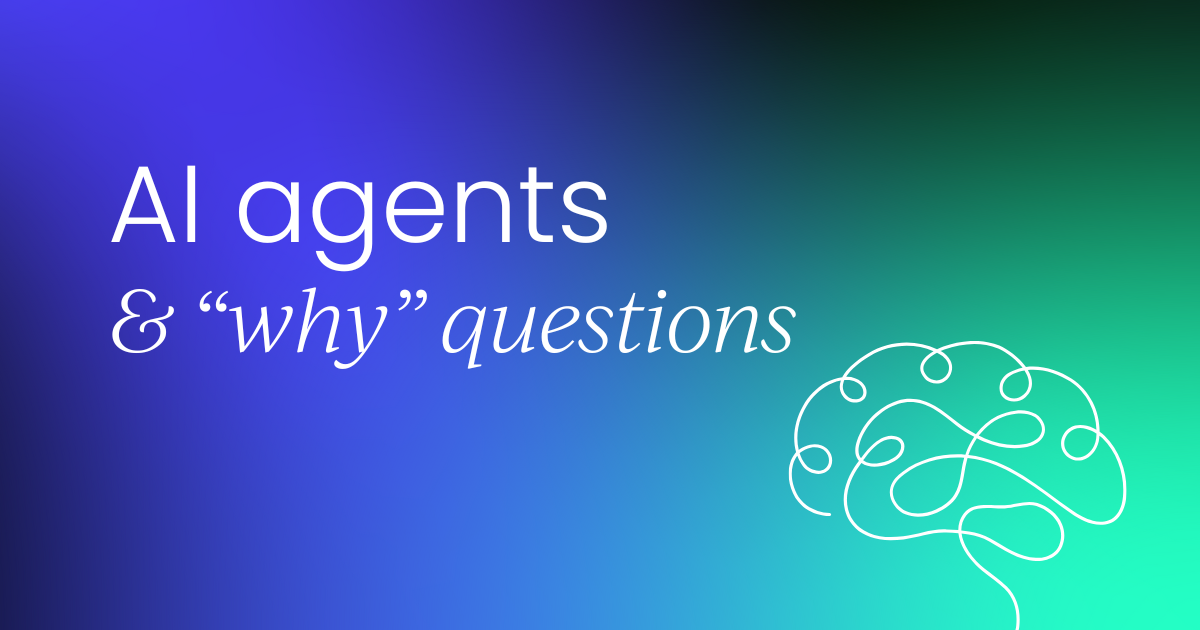FunReason: Enhancing Large Language Models' Function Calling via Self-Refinement Multiscale Loss and Automated Data Refinement
PositiveArtificial Intelligence
- FunReason has been introduced as a novel framework aimed at enhancing the function calling capabilities of large language models (LLMs) through an automated data refinement strategy and a Self-Refinement Multiscale Loss (SRML) approach. This development addresses the challenges of integrating reasoning processes with accurate function execution, which has been a significant hurdle in optimizing LLM performance in real-world applications.
- The introduction of FunReason is significant as it leverages the inherent reasoning abilities of LLMs to generate high-quality training examples, thereby improving query parseability, reasoning coherence, and function call precision. This advancement could lead to more effective applications of LLMs in various domains, enhancing their practical utility and reliability.
- The evolution of LLMs is marked by ongoing efforts to refine their reasoning capabilities and function execution accuracy. Recent studies have explored various methodologies, including selective self-generated calibration for pruning models and frameworks for evaluating derivation capabilities. These developments reflect a broader trend in AI research focused on optimizing LLMs for complex reasoning tasks and integrating them with external tools to enhance problem-solving capabilities.
— via World Pulse Now AI Editorial System

